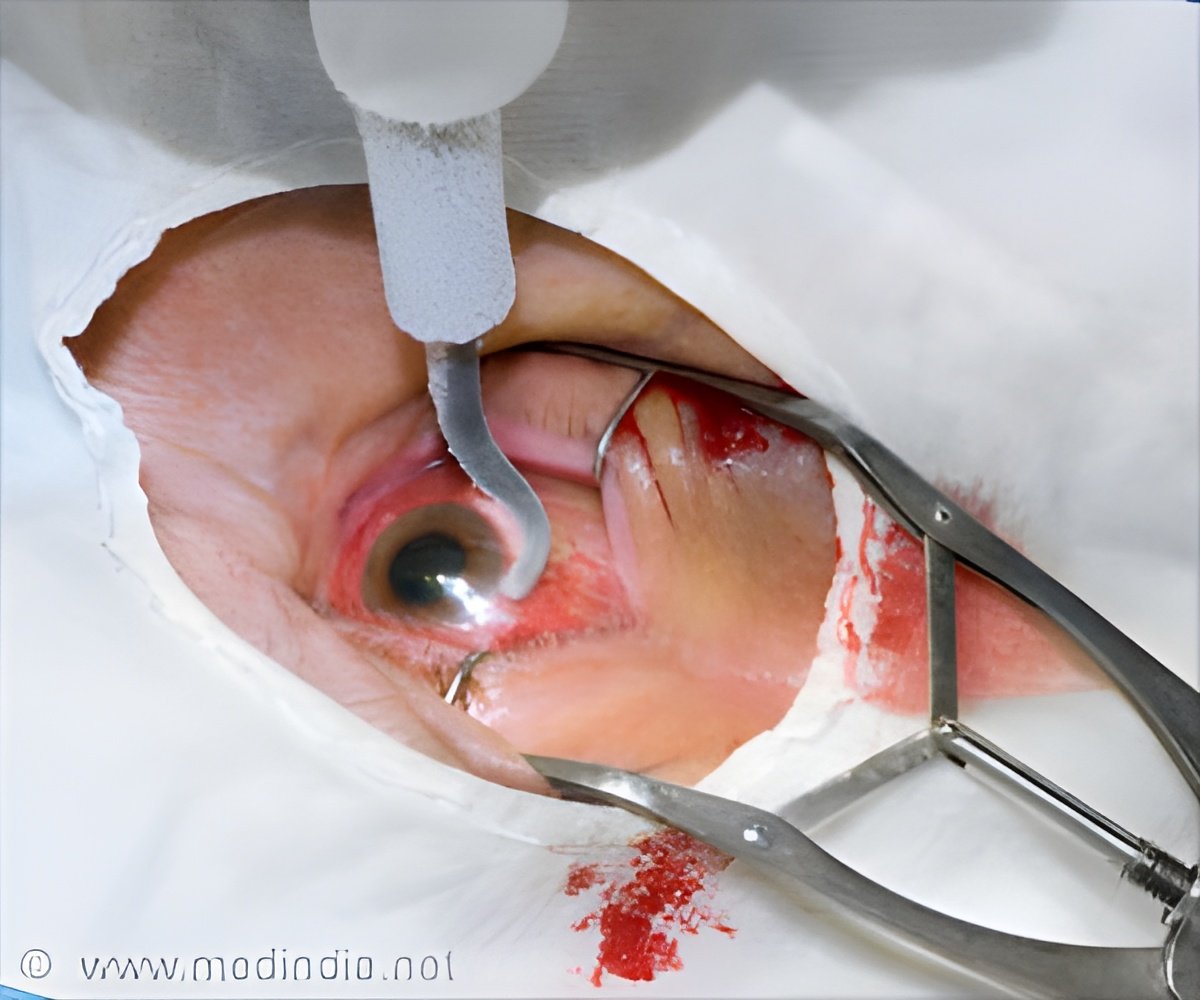
‘World’s first successful artificial corneal implant restores the vision of a 78-year old man who was blind for 10 years. The patient could immediately read the text and recognize family members upon the removal of bandages, driving an electrifying emotional outburst among everyone. This simple implant procedure of the artificial cornea makes it the first-line treatment for corneal diseases.’
Tweet it Now
Rapid transformations in healthcare have contributed from mechanical hearts and brain-controlled prostheses to 3D-printed organs. Designed by Ra’anana-based CorNeat Vision, Dubbed KPro, the artificial implant is a non-degradable synthetic nano-tissue. World’s First Artificial Corneal Implant
Upon the removal of bandages, the patient who was blind for 10 years due to edema and background disease, was immediately able to read the text and recognize family members, with the artificial cornea.
“Unveiling this first implanted eye and being in that room, in that moment, was surreal. After years of hard work, seeing a colleague implant the CorNeat KPro with ease and witnessing a fellow human being regain his sight the following day was electrifying and emotionally moving; there were a lot of tears in the room”, says Dr. Gilad Litvin, the co-founder of CorNeat Vision.
Corneal transplants are surgical procedures that restore the eyesight with a donor cornea. The demand for the donor cornea is high while pig corneas are a viable solution and the team's success with this procedure could prove life-changing for many.
Advertisement
The CorNeat KPro implant readily imparts the vision of corneally blind patients following a relatively simple implantation procedure. The implant is designed specifically to replace deformed, scarred, or opacified corneas and completely integrates with the eyewall with no reliance on donor tissue.
Advertisement
Source-Medindia














